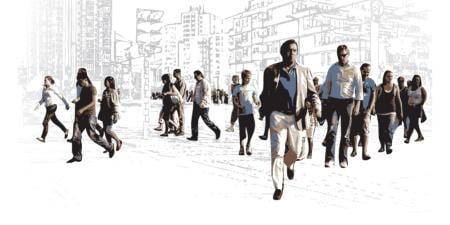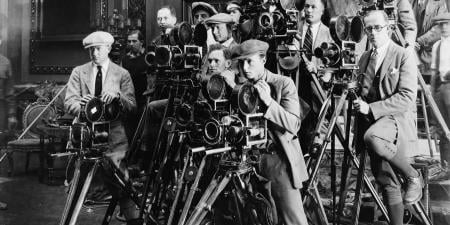In the summer of 1994, just 5 months before the general election, I decided to enter the race for the open US House seat in Florida's 15th Congressional District. I was motivated by serious concerns over the direction of our nation, particularly the efforts by then first lady, now Senator, Hillary Clinton to dramatically expand the federal role in health care delivery. Our system then and now has several serious problems. But the solution then being proposed, which would have driven most Americans into government-run healthcare, seemed unacceptable.
When I was first running, I was torn regarding the notion of leaving my patients if I won the election. I had spent many years in medical training and serving in the Army and had only been in private practice 8 years. I was successful, I enjoyed what I was doing, and had some mixed feelings about possible success at the ballot box and a sudden change of career.
Nonetheless, I ran for Congress enthusiastically, compelled by the belief that the values and policies I was fighting for were right for the nation and the community I lived in. I took advantage of my slight misgivings about victory by deciding from the outset that I would not compromise my moral beliefs and the public interest for the purpose of victory. I believe that philosophy has served me well through 5 re-elections.
Arriving in Congress in January 1995, I found myself in a sea of lawyers and businessmen. There were only 4 physicians among the 435 members of the House. I expected to be asked frequently to provide input on medical issues, and I have. Being an internist not only allowed me to speak with authority, it also gave me the opportunity to establish relationships with members across the political spectrum. House members have often approached me not only with policy questions but with medical questions involving themselves, their family members, and friends. This has opened lines of communication and friendships across the aisle that might otherwise not have been established.
One challenge I have faced is keeping up to date on the latest in internal medicine. The rules of the US House of Representatives required that I give up private practice, so I volunteer at a veterans clinic where I provide medical services on a monthly basis. Being a veteran myself, I especially enjoy this. It allows me to keep my hand in medicine and serve those who have given so much to protect the freedoms that we enjoy today. Staying current is difficult. So before heading to the airport each week, I often grab a handful of medical journals to read on the flights between Florida and Washington, DC.
Over the years I have drawn on my medical knowledge and background for a host of health care debates such as those involving Medicare reform and solvency, prescription drug costs, medical malpractice reform, and health care inflation, to name a few.
My background and knowledge in medicine have also led me to play a role in a number of policy debates involving medical ethics. This has included debates about physician-assisted suicide, the use of medical marijuana, judicial orders for the withdrawal of life-sustaining care, abstinence education and parental consent regarding juvenile access to contraception and abortion services.
What I was not expecting when I first ran for Congress was the degree of involvement I would have on a number of bioethical issues. These include the criminalization of attempts at human cloning and the use of taxpayer dollars to fund research that will involve the creation, use, and ultimate destruction of human embryos. Related to the debate is a medical ethics component. Human cloning and human embryonic stem cell research will require human eggs in large numbers and, therefore, women donors. If we say human cloning and embryo research is okay, have we just turned women into a commodity for their eggs?
Bioethical and medical ethics debates seem to arise continually. In recent years the Congress has been funding research in the field of nanotechnology. Nanotechnology has the potential to lead to breakthroughs in a host of areas such as electronics, material science, and medical care. Today, however, some are discussing the potential for nanotechnologies to be applied as "human enhancements." We all would love to see nanotechnology emerge as a tool to extend sight to the blind or heal people with neurological disabilities. But, what about more subjective applications or trans-humanistic goals?
It is critical that we begin asking these questions and start having this discussion now. A thorough public policy debate is critical but it must be based on science, substance, and standards (ethics). Leave out any one of these components and you have a recipe for failure. Let us learn from the past as we press on to the future.



